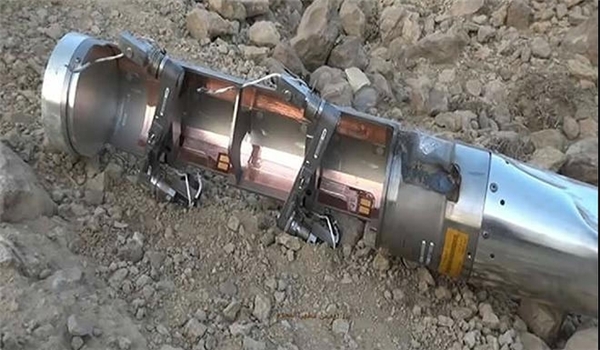
RNA - It is understood the British government’s own investigations back up media reports that such cluster bombs have been deployed in the war, in which Britain is helping to train Saudi forces. A source told the Guardian that Fallon is among the ministers to have known about the analysis for about a month.
But it is understood ministers have still not been given definitive confirmation one way or the other by Saudi Arabia, which has publicly denied the allegations and claimed that British-made cluster bombs found are the relics of old conflicts.
The revelation is likely to increase calls on the British government to reconsider exports of arms to Saudi Arabia, which have already grown since the US suspended a planned sale of precision-guided munitions last week.
A Saudi-led coalition has been fighting a Houthi uprising against Yemen’s fugitive former government since 2015. Houthis says their rise to power is a revolution against corrupt Yemeni officials beholden to Saudi Arabia and the West.
Britain is a signatory to a 2010 international treaty banning the use of cluster munitions. The weapons leave mini-bomblets that can explode much later, killing civilians. The Cluster Munitions Convention commits Britain to disposing of all cluster munitions and working to prevent their use by anyone else. Saudi Arabia is not a signatory.
A senior defense source said the issue of British-made cluster munitions was “something that has been raised at the highest possible levels and we have been trying to establish definitively for some time”.
Britain's Ministry of Defense would not reveal the contents of the analysis but a government spokesman said: “The government takes such allegations very seriously. We have analysed the case carefully using all available information, considering all possibilities, and raised the issue with the Saudi-led coalition.”
Reports from ITV, Sky News and Amnesty International have all pointed to bombs made in Britain and exported before the ban having been dropped in the ongoing war.
847/940